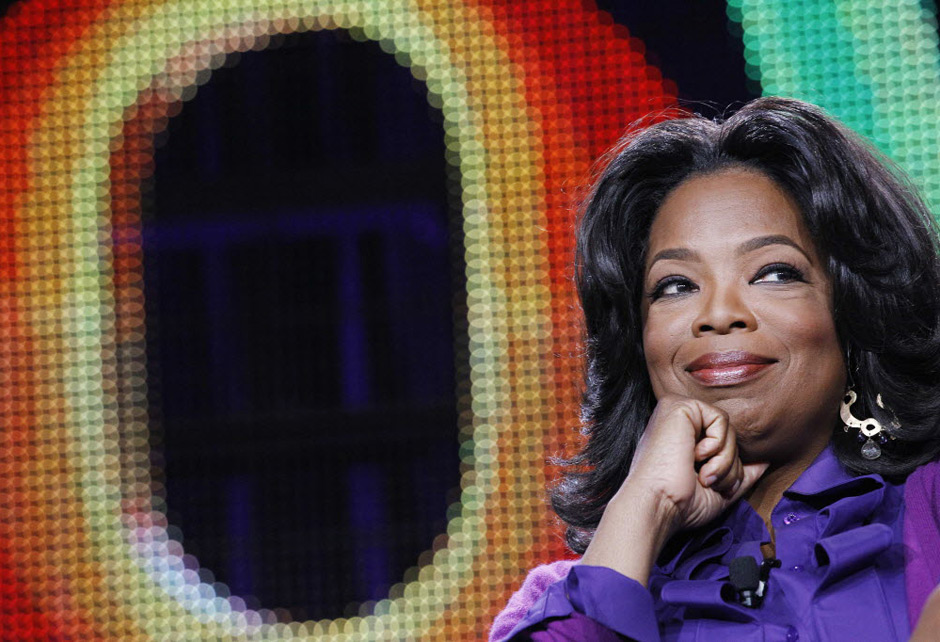The last episode of “The Oprah Winfrey Show” airs Wednesday, as millions of viewers bid farewell to the most powerful woman on television.
Oprah Winfrey entered the national stage on September 8, 1986, when the first episode of “Oprah” was broadcast nationally.
Since then her ratings climbed through the roof, and the show transformed from a tabloid talk show format to a program that discussed broader topics and featured high-profile celebrity interviews.
Oprah has been called the “most influential woman in the world,” “America’s most powerful woman,” and “the world’s most powerful celebrity.”
Terms such as “Oprahfication,” “The Oprah Effect,” and “A-ha moment” have been coined due to her influence.
We look at some of the ways Oprah and her talk show have influenced the world.
Oprah’s book club
Oprah’s book club inspired millions of viewers to find joy in reading, and catapulted many novels to bestseller status. Some novels received so much success that they went on to be adapted into films, such as The Reader by Bernhard Schlinkand and The Road by Cormac McCarthy. In 2005, Business Week said that Oprah’s power to sell a book is anywhere from 20 to 100 times the power of any other media personality.
Oprah started her book club on September 17, 1996. Each month she selected a new novel for viewers to read and discuss. The first book selected in 1996 was The Deep End of the Ocean by Jacquelyn Mitchard. In 2003, the book club moved away from a monthly format, as Oprah said she was unable to search for new novels and keep up with the reading every month.
You can’t say that on television
Oprah opened up discussion on many issues previously considered taboo. She openly discussed and chronicled her struggles with weight loss, at the same time encouraging her viewers to get off the couch and move with her.
Oprah’s show also tackled issues such as race relations, abuse and addiction openly. The host’s willingness to discuss her own experiences of poverty and abuse, and her empathy as a host often encouraged her guests to share more on her show than they normally would.
In 1988, Time magazine wrote:
“What [Oprah] lacks in journalistic toughness … she makes up in plainspoken curiosity, robust humor and, above all, empathy. Guests with sad stories to tell are apt to rouse a tear in Oprah’s eye or get a comforting arm around the shoulder. They, in turn, often find themselves revealing things they would not imagine telling anyone, much less a national TV audience.”
Giving back
As famous as Oprah’s book club is her commitment to charitable works. In 1997, during an episode of her show, Oprah encouraged viewers to start collecting spare change for charity. This campaign evolved into the Oprah’s Angel Network, which grew to support charitable projects and non-profit organizations around the world. One hundred per cent of the funds raised went directly to charity programs, as Oprah covered all administrative costs herself. Before it closed in 2010, Oprah’s Angel Network raised millions of dollars for charitable projects in over 30 countries around the world.
Among the accomplishments of Oprah’s Angel Network are:
– Building more than 50 schools in 12 countries, partnered with Free The Children
– Providing more than $1-million in school supplies to 18,000 South African children
– Helping more than 1,000 families get back into homes following Hurricanes Katrina and Rita
– Creating the Use Your Life Award, an award that recognized more than 50 organizations that make a difference in the lives of others.









Comments